Cars have long been a symbol of freedom and status, playing a significant role in shaping the cultural landscape for generations. For today’s youth, cars are not just a means of transportation but a pivotal part of their identity and lifestyle. This exploration delves into how cars influence global youth culture, from socialization and self-expression to innovation and sustainability.
The Car as a Symbol of Freedom and Independence
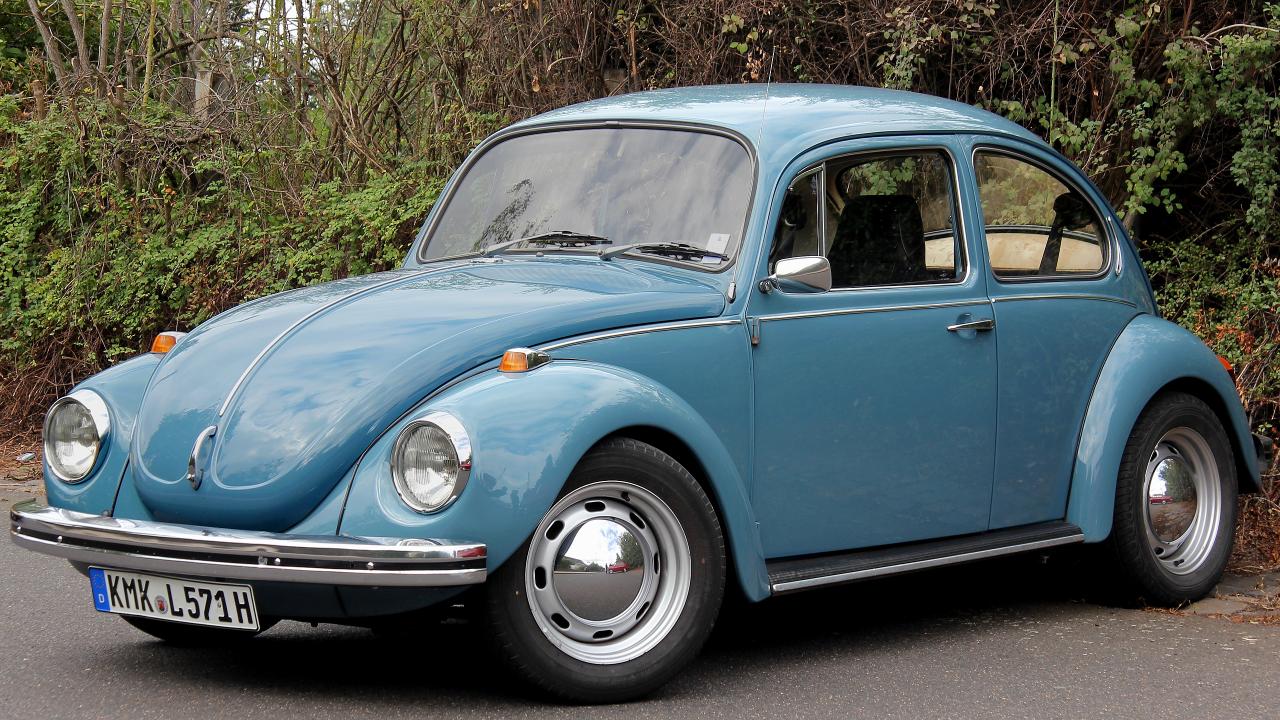
For many young people, owning a car represents a significant milestone towards achieving autonomy and independence. The ability to drive oneself anywhere at any time is a powerful symbol of personal freedom. This sense of independence is particularly pronounced in regions where public transportation is limited, making car ownership a necessity rather than a luxury. The car becomes a personal space, a mobile extension of one’s home, and a tool for exploring the world beyond the confines of one’s immediate environment.
Road trips and car journeys have become rites of passage for youth, offering opportunities for adventure and self-discovery. These experiences are often shared with friends, creating lasting memories and strengthening social bonds. The open road symbolizes limitless possibilities, and the journey itself becomes as important as the destination. This cultural phenomenon is reflected in countless films and songs that celebrate the freedom and excitement of hitting the road.
Moreover, cars facilitate the expansion of social circles by enabling young people to connect with peers beyond their immediate geographical boundaries. Whether it’s attending a concert in a neighboring city or visiting friends at a distant college, cars provide the means to maintain and grow social networks. This mobility fosters a sense of community and belonging, as young people can participate in events and activities that might otherwise be inaccessible.
Cars as a Platform for Self-expression
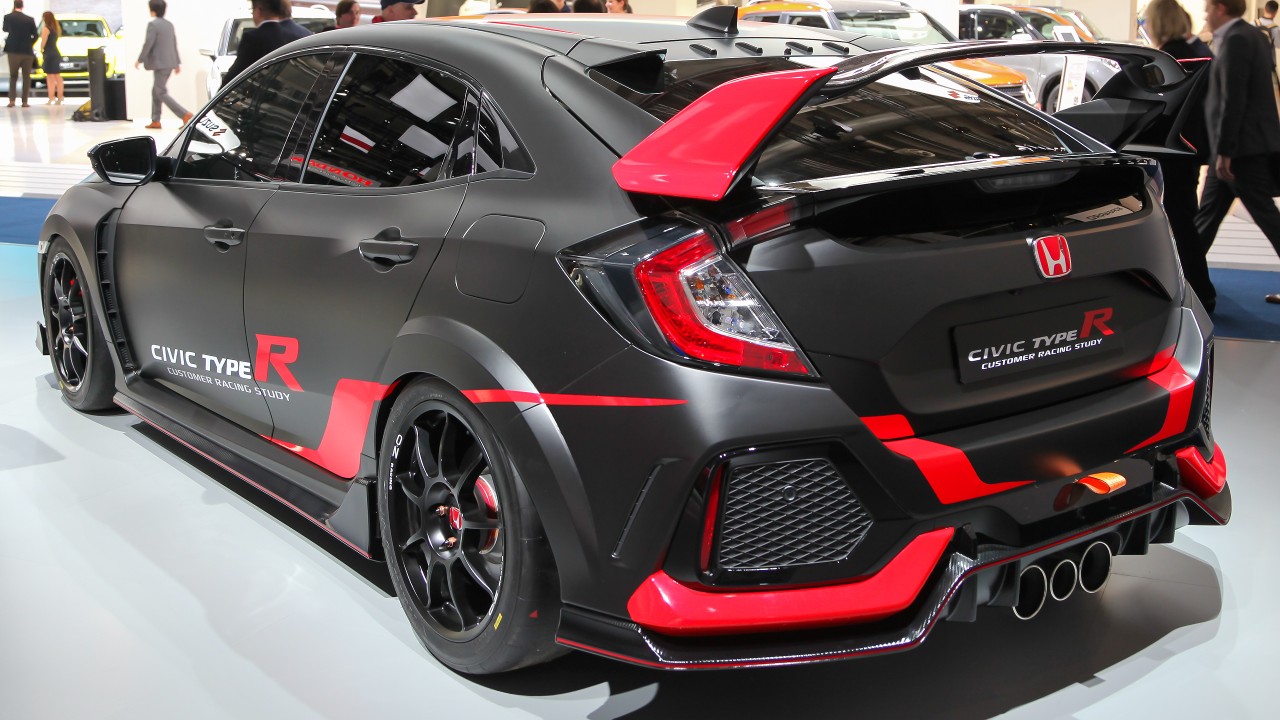
Customization and personalization are key aspects of car culture among youth, allowing individuals to express their unique identities through their vehicles. From custom paint jobs and decals to performance modifications and interior upgrades, young car enthusiasts are constantly finding new ways to make their cars stand out. This trend is fueled by a desire to showcase individuality and creativity, turning cars into personal canvases.
Social media platforms like Instagram and TikTok play a significant role in showcasing personalized vehicles and influencing trends. Young people share photos and videos of their modified cars, gaining followers and recognition within the car community. Hashtags like #CarMods and #CustomCars connect enthusiasts worldwide, fostering a sense of camaraderie and competition. Influential car clubs and online communities further highlight diverse expressions of individuality, with members often collaborating on projects and sharing tips and advice.
Car clubs, both online and offline, provide a supportive environment for young enthusiasts to share their passion and learn from one another. These communities celebrate diversity in car culture, with members from various backgrounds and interests coming together to appreciate the art of automotive customization. Events like car meets and shows offer opportunities for enthusiasts to display their creations and connect with like-minded individuals, reinforcing the social aspect of car culture.
The Intersection of Cars and Technology in Youth Culture
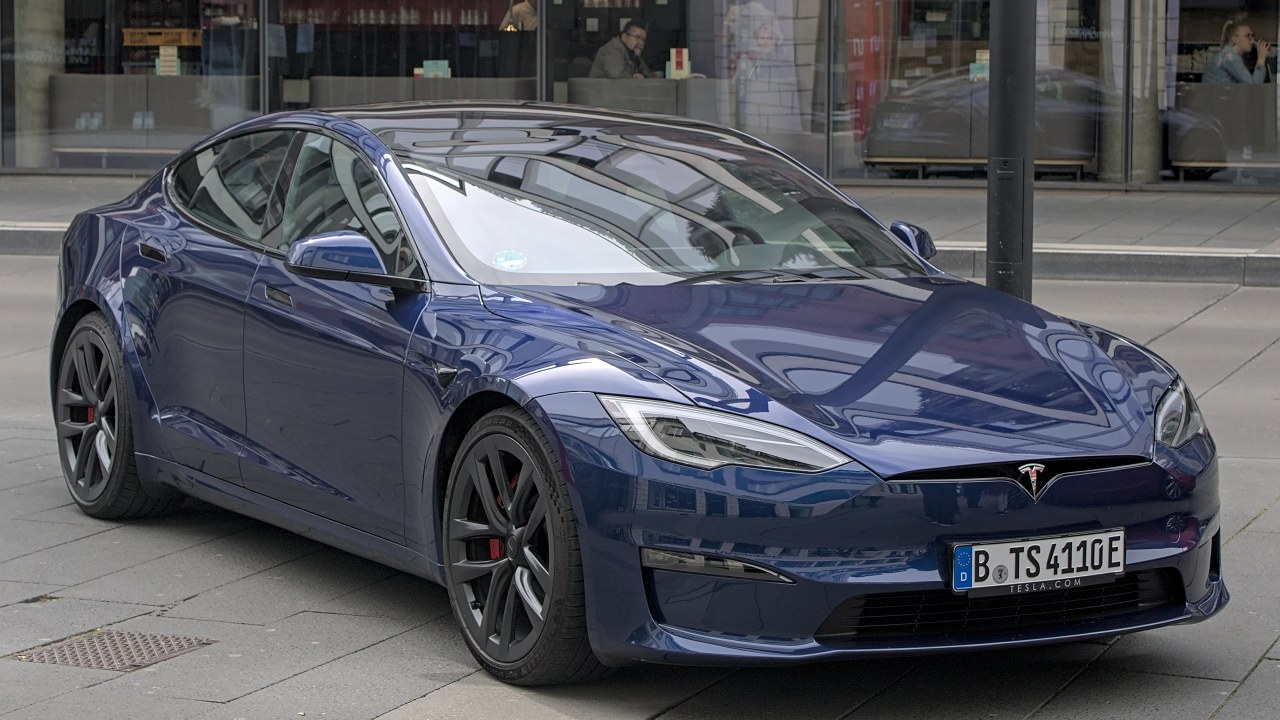
The integration of technology in modern cars is a major draw for tech-savvy youth, shaping their preferences and expectations. Features like advanced infotainment systems, connectivity options, and driver-assistance technologies appeal to a generation that has grown up with smartphones and digital devices. Young drivers are increasingly seeking vehicles that offer seamless integration with their digital lives, prioritizing tech features over traditional performance metrics.
Electric and autonomous vehicles are also impacting the values and aspirations of young people. As environmental consciousness grows, many young drivers are drawn to electric vehicles (EVs) for their sustainability and innovation. Brands like Tesla have become synonymous with cutting-edge technology and eco-friendly driving, appealing to a demographic that values both performance and environmental responsibility. Autonomous vehicles, while still in development, represent the future of transportation, promising increased safety and convenience.
Gaming and virtual reality are fostering a new generation’s interest in cars, with racing games and driving simulators offering immersive experiences that capture the thrill of driving. Titles like “Forza Horizon” and “Gran Turismo” allow players to customize and race a wide variety of vehicles, sparking interest in car culture among those who may not yet have a driver’s license. These virtual experiences often translate into real-world enthusiasm, as players seek to replicate their in-game adventures on actual roads.
Cars in Popular Media and Youth Identity
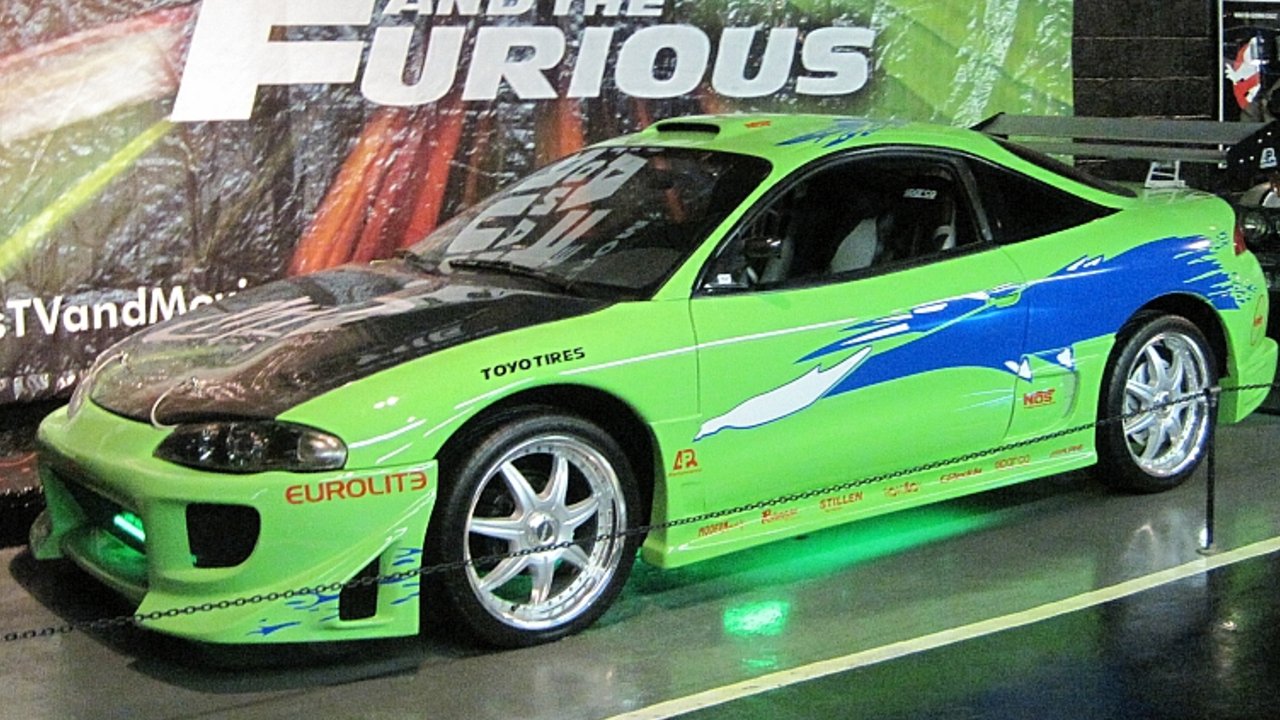
Cars have long been portrayed in films, music, and television as aspirational icons for young audiences. Movies like “The Fast and the Furious” franchise and songs like “Fast Car” by Tracy Chapman highlight the allure of speed and the freedom associated with driving. These portrayals contribute to the perception of cars as symbols of success and independence, influencing the aspirations and desires of young viewers.
Celebrity car culture and endorsements also play a significant role in shaping youth preferences and behaviors. High-profile figures often showcase their luxury vehicles on social media, setting trends and inspiring followers to emulate their lifestyles. The influence of celebrities extends to car brands and models, with endorsements often leading to increased popularity and sales among young consumers.
Car-centric content on platforms like YouTube and Instagram further contributes to shaping youth identity. Influencers and content creators share reviews, tutorials, and vlogs centered around cars, attracting large audiences and fostering a sense of community. These platforms provide a space for young people to engage with car culture, learn about the latest trends, and connect with others who share their interests.
Environmental Consciousness and the Future of Car Culture Among Youth
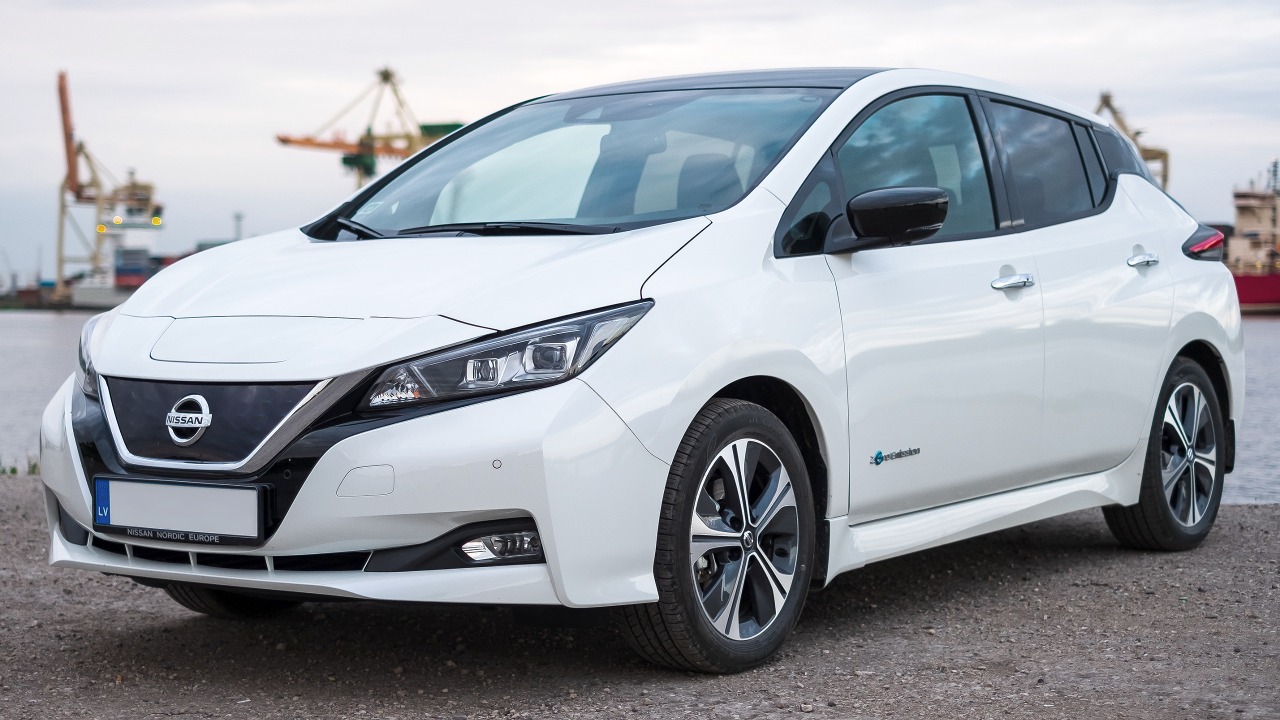
The growing demand for sustainable and eco-friendly vehicles among environmentally conscious young people is reshaping the future of car culture. As awareness of climate change and environmental issues increases, many young drivers are prioritizing sustainability in their vehicle choices. This shift is reflected in the rising popularity of electric and hybrid vehicles, which offer reduced emissions and lower environmental impact.
Youth-led movements advocating for greener automotive solutions are gaining momentum, with initiatives like Fridays for Future highlighting the importance of sustainable transportation. These movements emphasize the need for innovation and change within the automotive industry, encouraging young people to demand more eco-friendly options from manufacturers. As a result, car companies are increasingly focusing on developing sustainable technologies and reducing their carbon footprint.
The potential impact of climate change awareness on the future trajectory of youth car culture is significant. As young people become more informed about environmental issues, their preferences and values are likely to continue evolving. This shift towards sustainability may lead to a greater emphasis on shared mobility solutions, such as car-sharing and ride-hailing services, as well as increased interest in alternative modes of transportation like cycling and public transit.
Like Fast Lane Only’s content? Be sure to follow us.
Here’s more from us:
*Created with AI assistance and editor review.

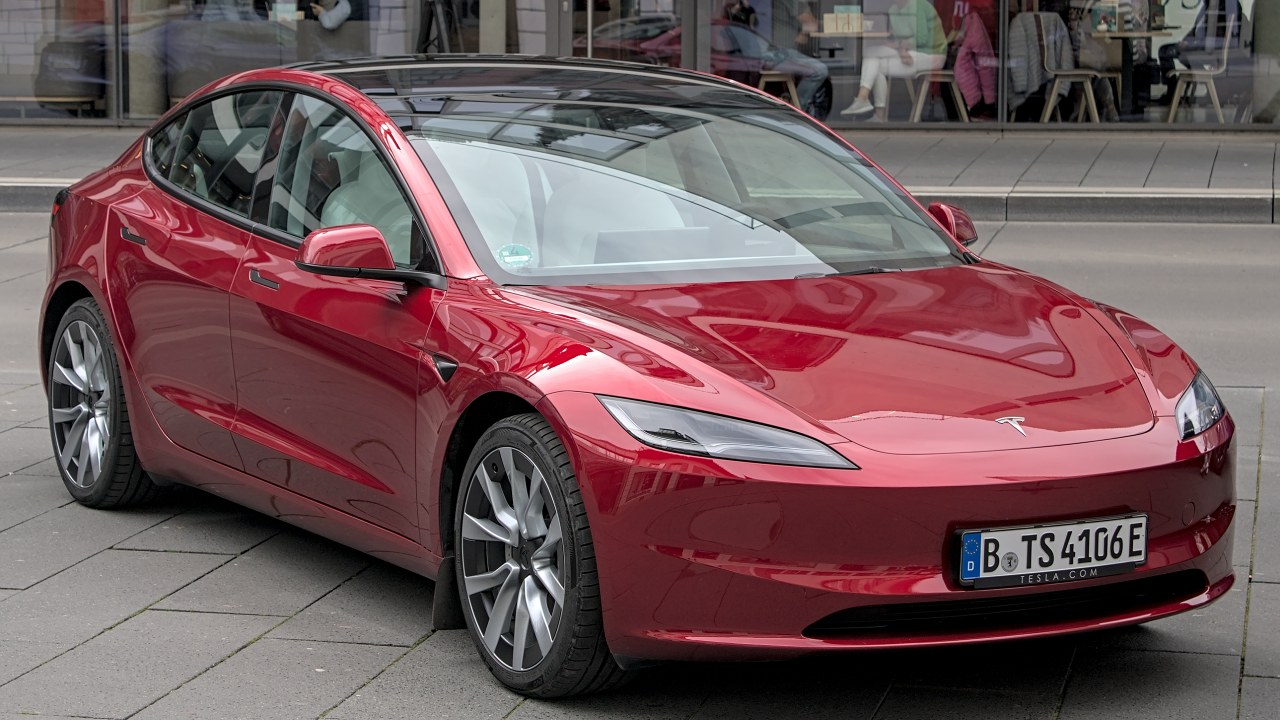
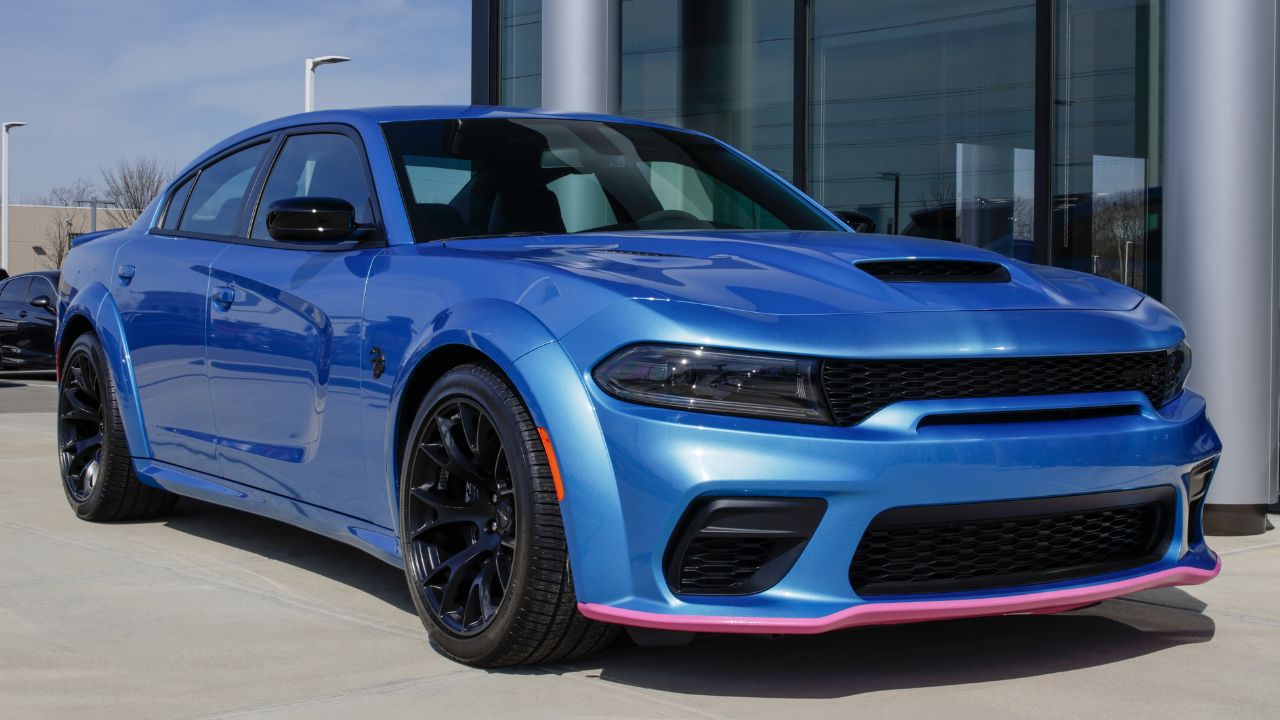
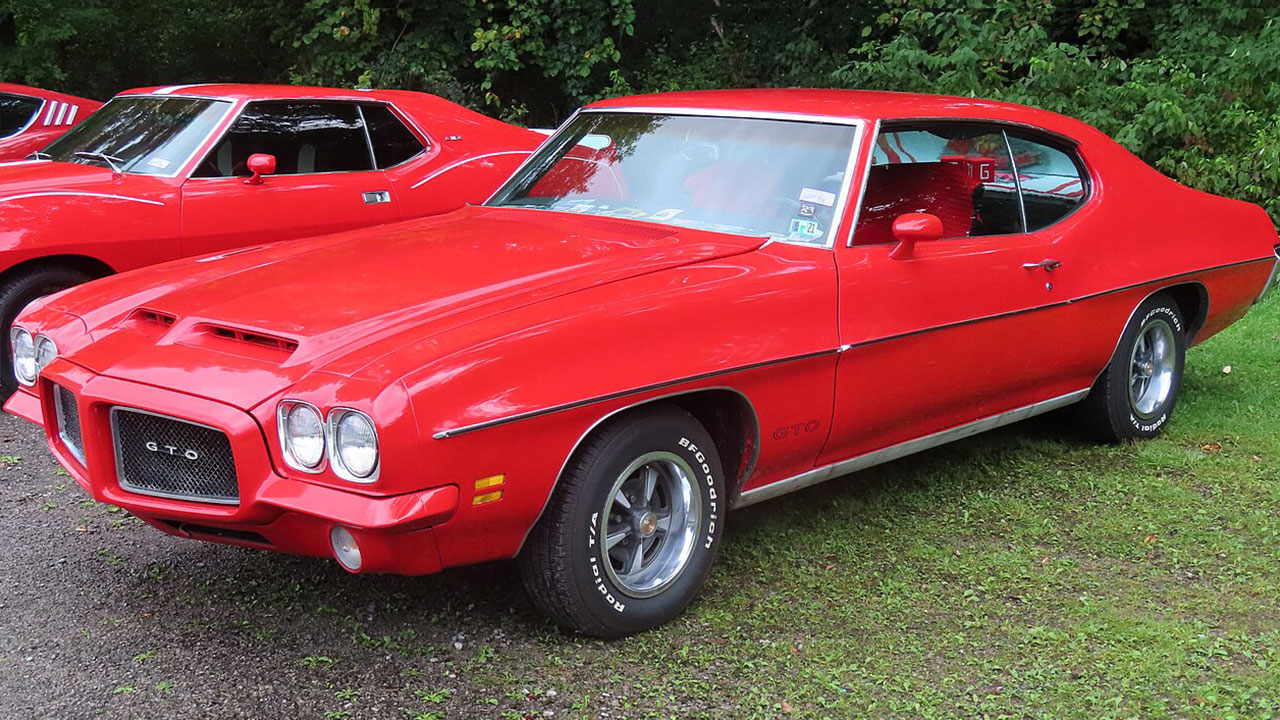

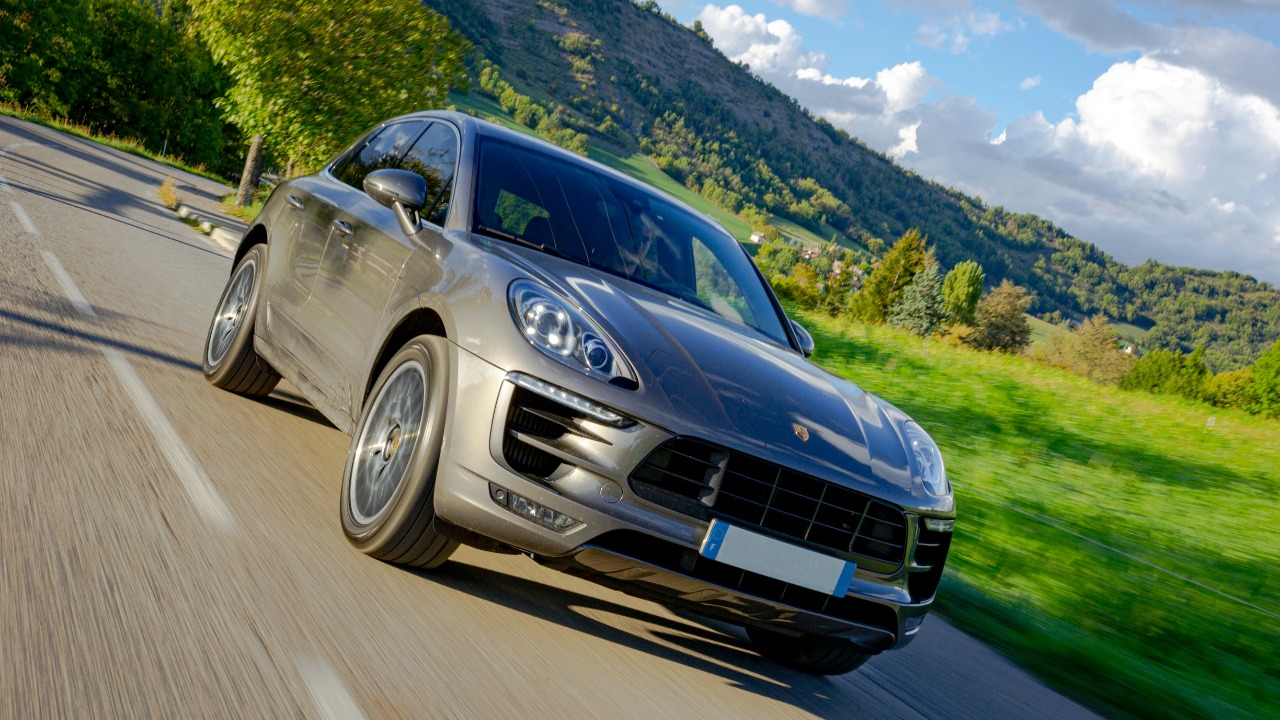
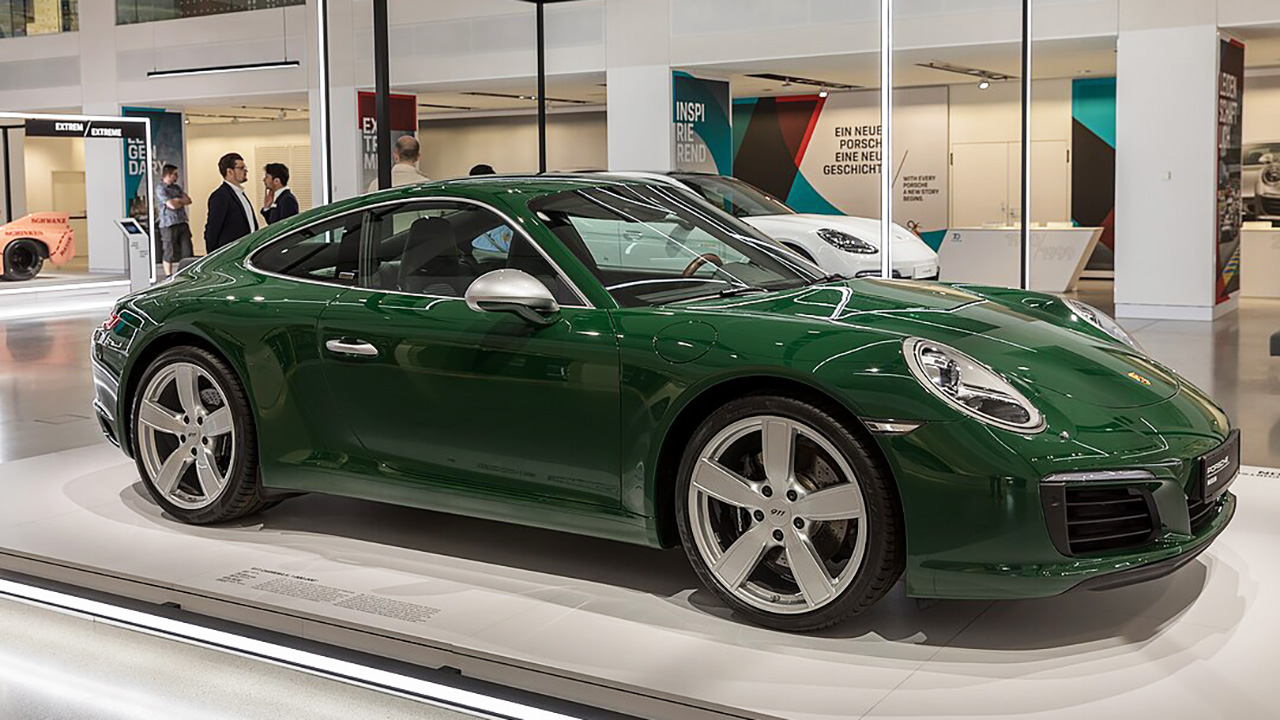
Leave a Reply